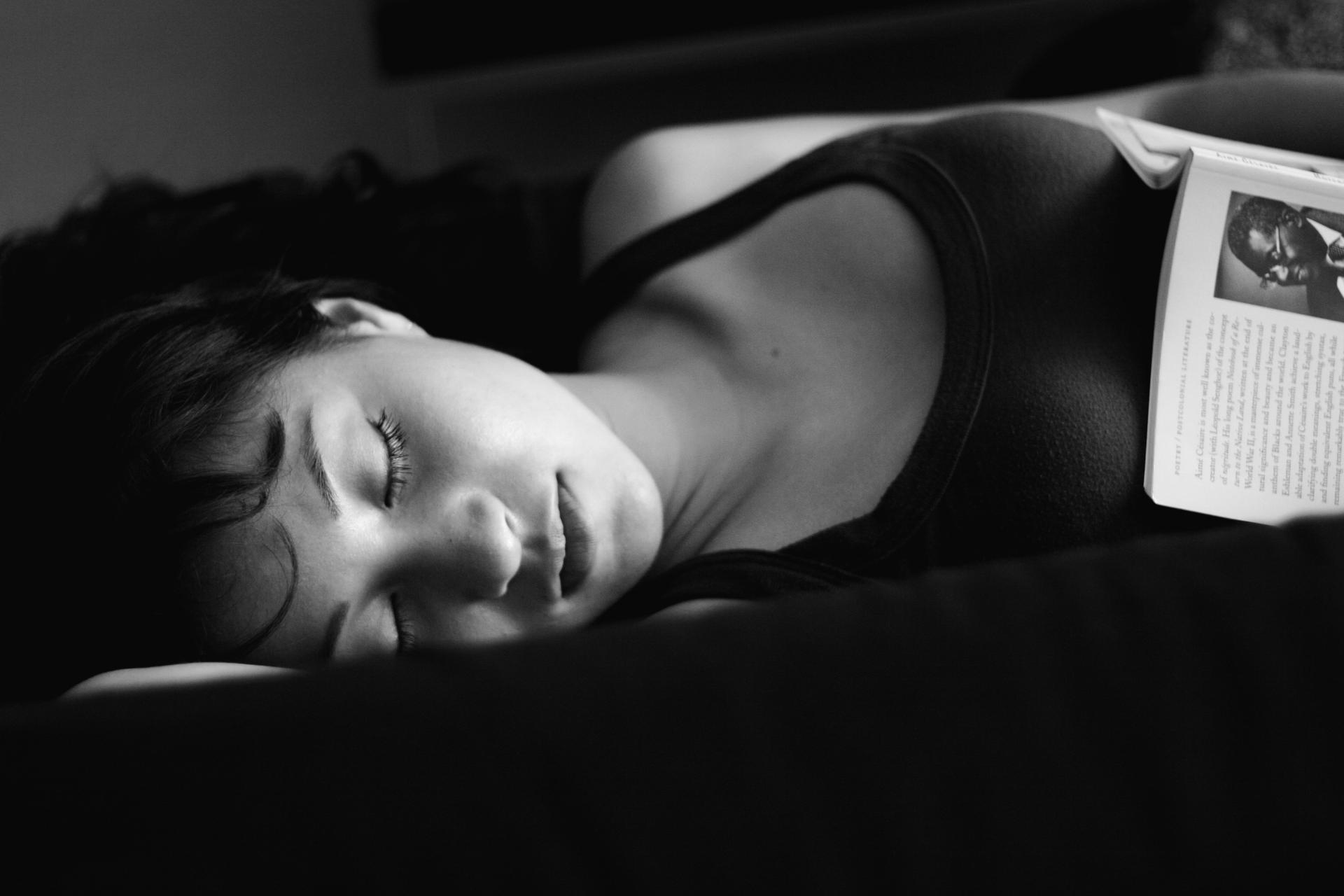Reuters journalist explores the complicated science of sleep in new book
Journalist David Randall explores the mysteries of sleep in his new book, “Dreamland: Adventures in the Strange Science of Sleep.” (Photo by Mark Sebastian via Wikimedia Commons.)
The quality of our waking hours is partially determined by the amount of sleep we get the night before, as any new parent, night-shift nurse or early-morning radio host knows.
But for all the strides science has made in neurology, remarkably little is understood about the science of sleep, as journalist David Randall discovered.
Randall decided to investigate the field of sleep studies after a sleepwalking accident left him limping around the Reuters newsroom. He went to a doctor for help, only to be told how little was known about sleep and to “take it easy.”
“‘Take it easy’ isn’t really the first thing I expect to hear when I go to a doctor,” he said. “So I decided I’m going to find out everything I can about sleep. Not only how do I sleep better, but how does sleep affect us.”
Randall chronicled his findings in a new book, “Dreamland: Adventures in the Strange Science of Sleep.” His research reveals significant insights into the science of sleep. It explores the extent to which our sleep habits affect relationships, health and much more in the time we spend awake.
Randall says scientists still can’t answer some fundamental questions about sleep — such as what causes it — despite having studied it for hundreds of year. He said it only became a “real field” in the 1950s, when researchers discovered rapid-eye-movement sleep.
“Until then, most doctors and scientists would have thought, ‘Hey, you’re asleep. The mind is quiet. There’s nothing we can do,'” Randall said.
The lack of understanding causes many people to write off the benefits of sleep, a trend Randall called troubling.
“We’re not robots,” he said. “Studies have shown that we make better decisions; we come up with better ideas; we solve puzzles and other problems faster, if we sleep more.”
Randall also discovered that sleep-inducing drugs, like Ambien, perhaps weren’t nearly as effective as many people thought. He says the drugs might put someone to sleep 10 minutes faster. For others, the drugs only appear to work because of their placebo effect.
“How the drugs actually work is they really give you short-term amnesia,” he said. “So you might be tossing and turning and just not realize it.”
Randall added that there weren’t any shortcuts to getting a good night’s sleep.
“It takes a lot of work,” he said. “You have to realize that there are the benefits.”
